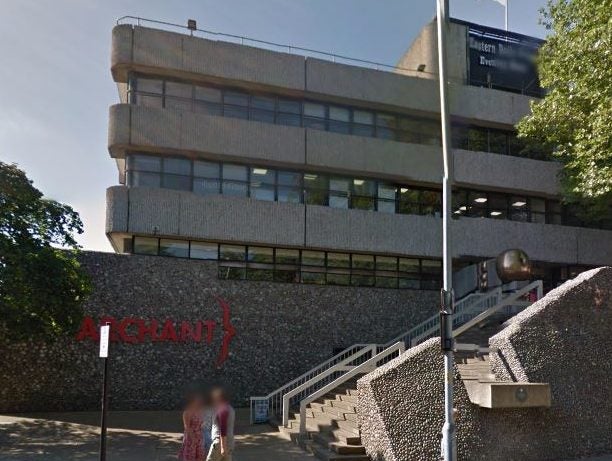
Archant is planning to close two-thirds of its newsrooms by the end of March.
It said the “very low” numbers of staff going into its offices, alongside feedback from staff surveys, showed home-working was now the preferred option for more flexibility and a better work-life balance.
The regional publisher will retain four offices in Norwich, Ipswich, Huntingdon and Exeter, although all of these will be downsized. The Exeter office is currently up for sale.
The St Albans, Weston Super Mare and Wokingham offices will close by the end of December, Stevenage will close at the end of January and Barnstaple, Cheltenham, Great Yarmouth and Romford will be gone by the end of March.
An Archant spokesperson said: “Since March last year, remote working has become the norm for many organisations, ours included.
“We have seen, time and again, from staff survey feedback and the very low numbers of employees who choose to come into our offices, that for the majority of people, home working is a preferred choice.
“Therefore, having looked carefully at our estate, we are reducing the number of physical locations we occupy to reflect the changes in how we work.
“Our commitment to our readers and customers remain steadfast. Our communities will see and feel no change and we will continue our unrivalled presence on the ground.”
[Read more: Archant’s Lorna Willis is on a mission to save local journalism]
Staff were told that the Prospect House headquarters in Norwich (pictured) was designed for 400 people but now rarely hosts more than 100 people per day. Archant’s flagship Eastern Daily Press is among the titles based there.
Archant sold Prospect House to a local insurance firm in 2019 and is now based on the first floor of the building. It revamped the space last year to create more “agile spaces to enable staff to come together without the restrictions of set desks”, according to Hold The Front Page.
Archant said the four offices being kept will be available to staff on an “agile” basis, with some days in the office and some days at home and editorial and telesales teams being prioritised for the space.
It said small meetings could take place in coffee shops and similar venues, while external flexible working spaces and meeting room facilities can be booked for more formal occasions.
The move sees Archant follow in the footsteps of Reach, which earlier this year closed the majority of its newsrooms across the UK leaving 15 large “hubs” where staff can gather for meetings. It meant only around a quarter of Reach staff will be permanently office-based following the pandemic.
Staff were offered new contracts designating them either as home-workers, home-workers linked to a hub who need to go in for meetings, and hub workers who are based in the office.
Reach audience and content director for the North West Alison Gow has since told a new Changing Newsrooms report from the Reuters Institute for the Study of Journalism: “I think it definitely allows reporters to be more with their communities. There were reporters here who would have to drive 90 minutes to get to the office because of the geography, and they don’t need to.
“They can work really efficiently from home. They can be in the corner shop because they’ve run out of milk. They can be a local voice and a face.”
Conversely local publisher Tindle’s group publishing director Scott Wood told Press Gazette last week it was committed to keeping its high street offices as it is “very important that as the high street opens up, we’re there to be part of it”.
In March this year Press Gazette conducted a major industry survey which heard the overwhelming majority of respondents felt that working from home had either a positive effect (38%) or no effect (44%) on their productivity.
Picture: Google Maps
Email pged@pressgazette.co.uk to point out mistakes, provide story tips or send in a letter for publication on our "Letters Page" blog
